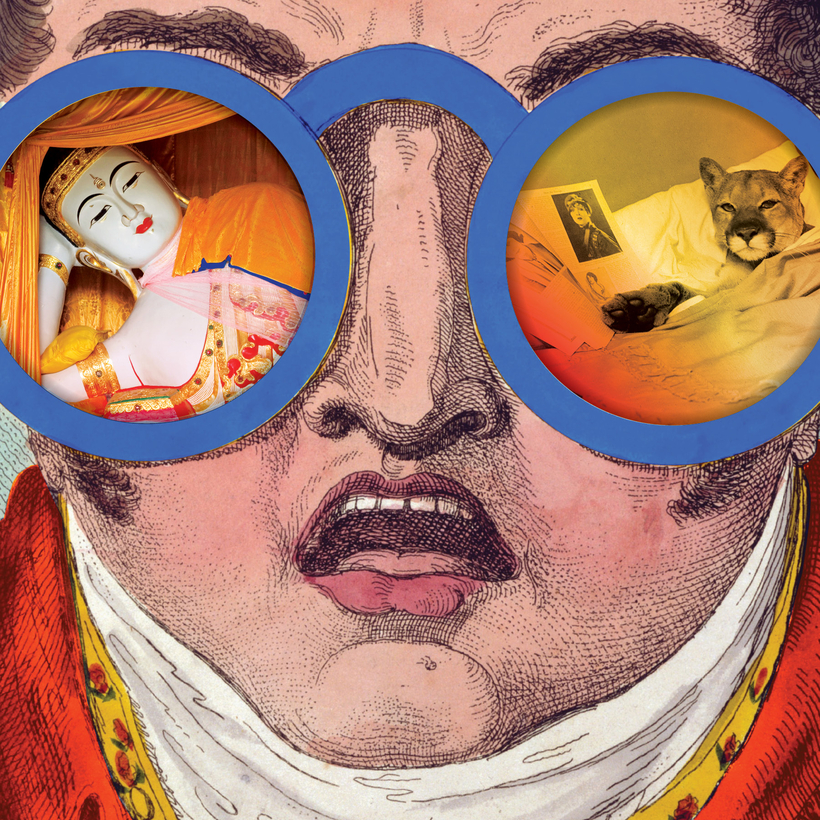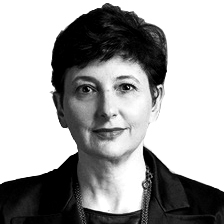Unnerved by all the talk of finally going back to the office? Do you shudder at the thought of wearing actual clothes, doing an actual commute, paying for bad coffee on the run, and connecting with real, breathing colleagues face-to-face?
You are not alone.


